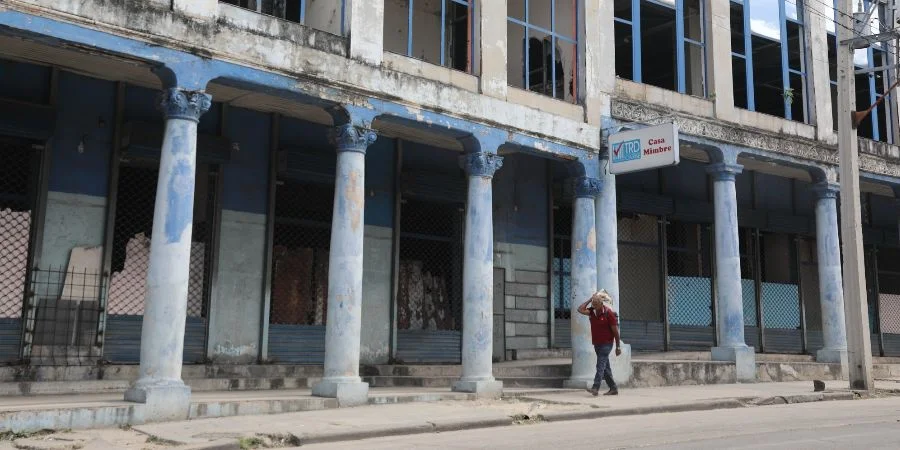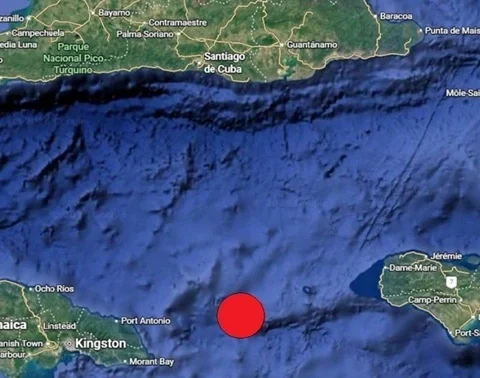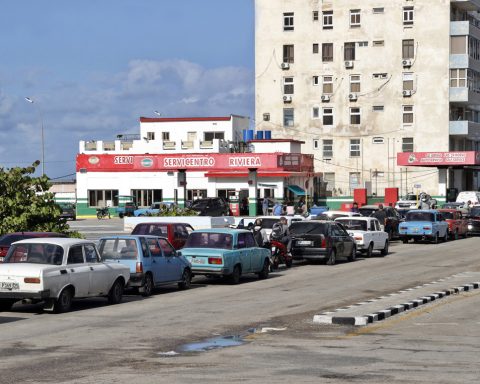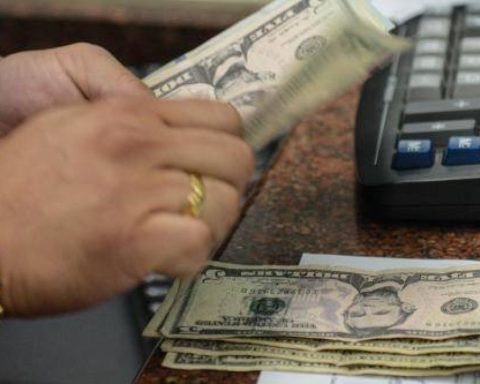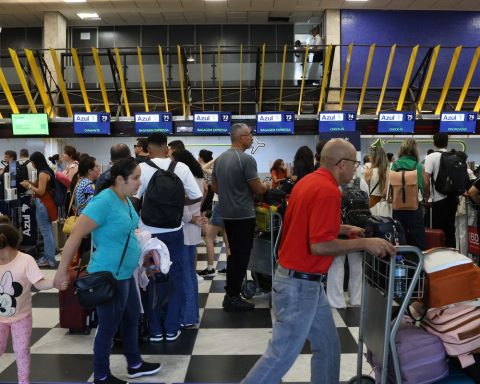MIAMI, United States. — In his “Preliminary Balance of the Economies of Latin America and the Caribbean” corresponding to 2024, the Economic Commission for Latin America and the Caribbean (ECLAC) located Cuba and Haiti as the only countries in the region that will register three continuous years of economic contraction between 2023 and 2025.
According to the figures presented, the Cuban economy would remain in the red during the period evaluated: -1.0% in 2023, -1.0% in 2024 and -0.1% in 2025. Haiti presents an even worse reality severe, with falls of -1.9% for 2023, -4.0% in 2024 and -0.5% in 2025.
Ignoring this forecast, the Cuban Government has projected the growth of the Island’s economy in 2025. During a session of the National Assembly, last Monday, the Minister of Economy and Planning, Joaquín Alonso Vázquez, advertisement which was estimated to grow by 1% in 2025.
This estimate, according to the official, is based on the “recovery of tourism and income from the main exportable items, as well as the revival of productive, agricultural and industrial activities, and social services to the population.”
Alonso Vázquez also pointed out the importance of “the stabilization of the National Electroenergy System (SEN) and improvements in the fuel balance” as key factors to achieve this supposed growth.
Despite the supposed “stabilization” of the SEN mentioned by the Minister of Economy, the situation in the country is critical: daily, between 30 and 50% of the Island remains in blackout, while the fuel shortage has become even more serious during the last months of 2024.
For his part, the Cuban economist Pedro Monreal, through his account on X (formerly Twitter), stood out the contradiction between official figures and those of ECLAC: “Cuba’s Minister of Economy predicts economic growth of 1% in 2025, but ECLAC projects a decrease of 0.1%, which would mean three consecutive years of economic recession.”
According to ECLAC projections released today, only Cuba and Haiti would experience three consecutive years of economic contraction between 2022 and 2025 at the level of the entire Latin American and Caribbean region. pic.twitter.com/EHAI3gBjWI
— Pedro Monreal (@pmmonreal) December 18, 2024
Cuba’s serious economic situation has even led ruler Miguel Díaz-Canel to describe the context as an “emergency.” The island’s regime has promoted a “macroeconomic stabilization program” that seeks to revitalize the economy through adjustments in monetary, exchange, financial and fiscal policy. However, the measures include a 500% increase in the price of fuel and the dollarization of certain services, including gasoline and diesel.
At the end of 2023, ECLAC concluded that Cuba was one of the five countries on the continent with “chronic inflation.”
At that time, Monreal he stressed in his X account that the organization included Cuba in “two problematic groups”: that of the five countries in the region with chronic inflation and that of the eight countries with the greatest credit risk. “Cuba not only shares the status of country with chronic inflation with four other countries (ArgentinaHaiti, Suriname and Venezuela), but was also one of the countries in that group with acceleration of inflation between 2022 and 2023,” the specialist also stressed.
